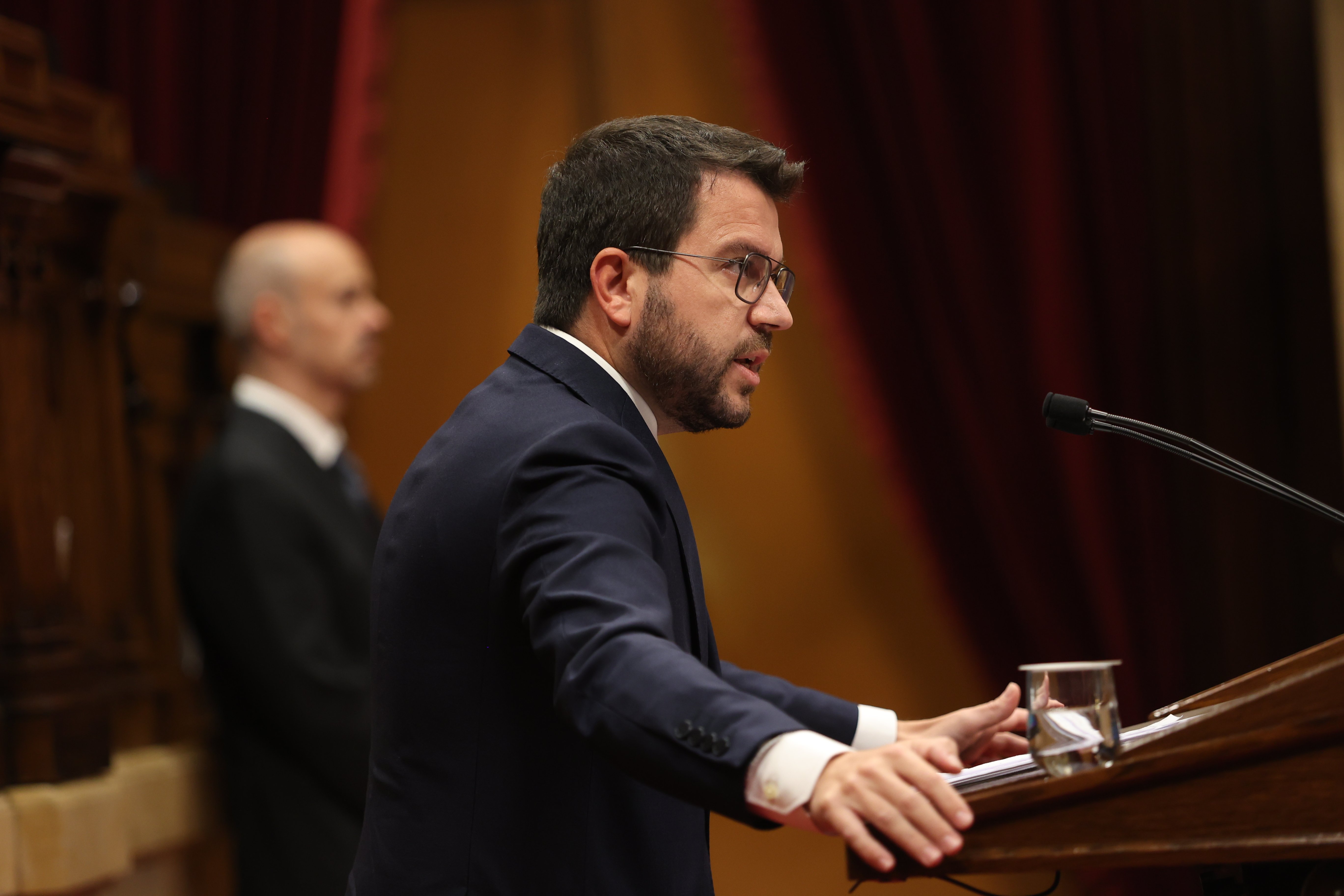The president of Catalonia, Pere Aragonès, has proposed to develop a "democratic Clarity Agreement" in the Spanish state to guide the holding of a referendum in Catalonia. The idea is not new: not only has it been previously proposed within Catalonia by politicans from En Comú Podem, the Catalan Socialists and ERC themselves, but its basis as a constitutional solution goes back to the year 2000, when Canada passed its Clarity Act, after Quebec had held two independence referendums unilaterally.
Canada's Clarity Act was a law passed by the Canadian Parliament in 2000. It provides a regulatory framework for the terms of negotiations to be established between Canada and any of its provinces that might ever want to become independent. The law states that a referendum must be held asking "clearly" about independence and the result must also have a "clear" majority in favour. The Canadian law came after Quebec's two referendums were declared "illegal" by the country's Supreme Court.
Under the law, Canada's House of Commons, the lower house of Parliament, would be responsible for deciding whether the question is sufficiently clear and would not cause voter confusion. This body is also in charge of establishing what percentage is necessary for independence to go ahead - thus, demonstrating that a majority of greater than 50% + 1 of votes might be necessary, and placing it in the hands of the Parliament of Canada, and not the provincial power, to establish what the required percentage would be.
The Referendum Clarity Act was passed by the Parliament of Canada in 2000, after Quebec held two unilateral referendums that the Supreme Court of Canada ruled illegal. The second referendum, held in 1995, had a very close result, with 50.6% of the votes against independence and 49.4% in favour. The Parliament of Canada said the question was unclear and could cause confusion for voters. Faced with this, the country's Parliament decided to create this law to guarantee a consultation with a clear question and that would have results with majority support.
For its part, the Assembly of Quebec did not recognize this law and, after the Parliament of Canada approved it, they created another alternative known as the "Act respecting the exercise of fundamental rights and prerogatives of the people and the State of Quebec".

